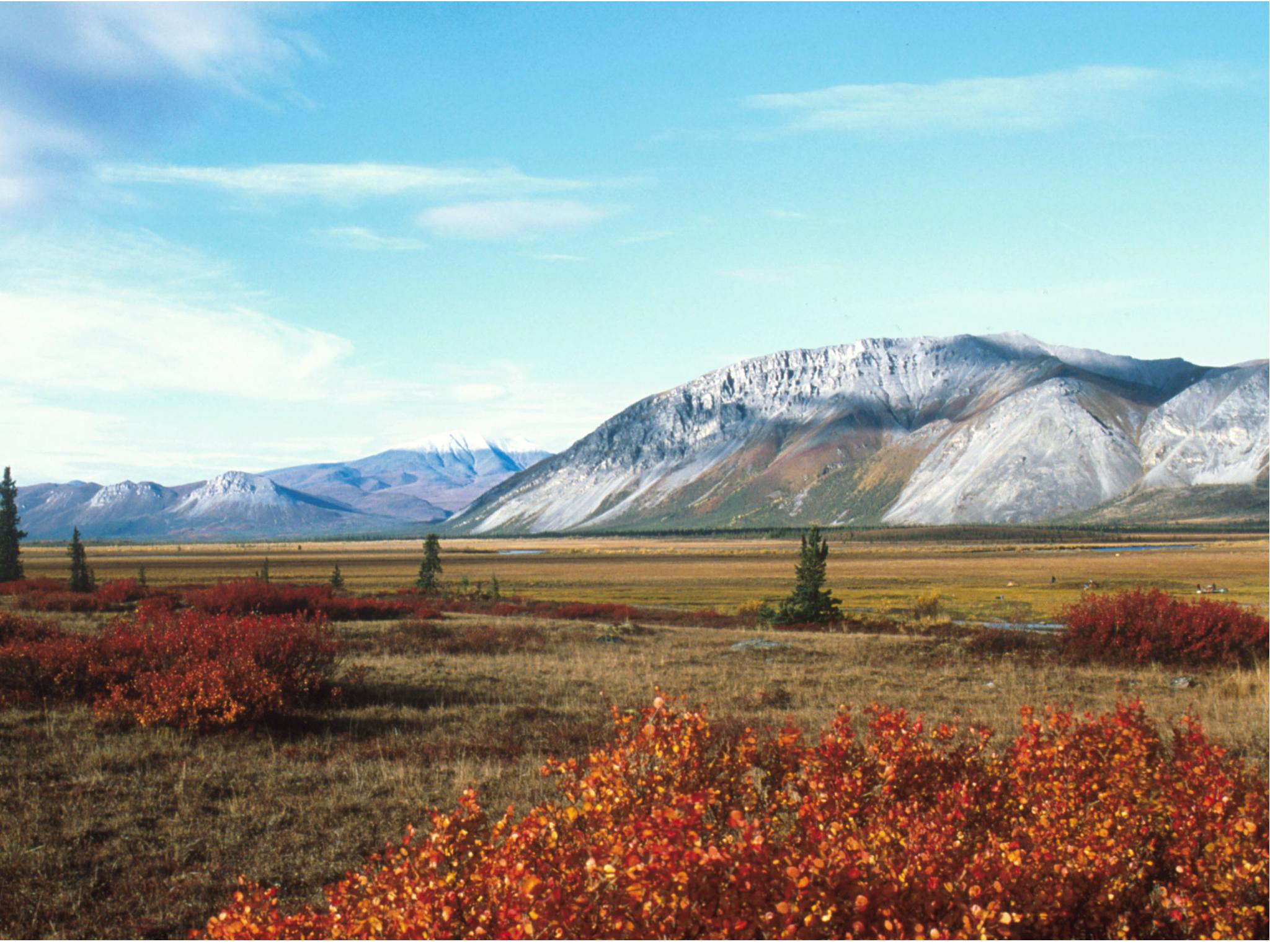The Independent's journalism is supported by our readers. When you purchase through links on our site, we may earn commission.
Republican tax deal opens up protected wildlife refuge to oil drilling
No one is quite sure how much oil is even available in the Arctic National Wildlife Refuge

Your support helps us to tell the story
From reproductive rights to climate change to Big Tech, The Independent is on the ground when the story is developing. Whether it's investigating the financials of Elon Musk's pro-Trump PAC or producing our latest documentary, 'The A Word', which shines a light on the American women fighting for reproductive rights, we know how important it is to parse out the facts from the messaging.
At such a critical moment in US history, we need reporters on the ground. Your donation allows us to keep sending journalists to speak to both sides of the story.
The Independent is trusted by Americans across the entire political spectrum. And unlike many other quality news outlets, we choose not to lock Americans out of our reporting and analysis with paywalls. We believe quality journalism should be available to everyone, paid for by those who can afford it.
Your support makes all the difference.The tax reform bill compromise reached today among Senate Republicans contains a provision that will allow drilling for oil in the Arctic National Wildlife Refuge (ANWR) in northeastern Alaska.
Republican Senator Lisa Murkowski of Alaska said that the new draft bill “contains the single most important step I believe we can take to strengthen our energy security and create new wealth.”
Environmental advocates, Republicans, and the oil and gas industry have been at odds over drilling within a subsection of the 19 million acres of protected land - referred to as the “1002 area,” formally - since the late 1970s.
Ms Murkowski said the bill would raise more than $1bn “within 10 years and it will likely raise over $100 billion for the federal Treasury”.
“We don’t need the oil. We’re exporting millions of barrels per day in this country and I hope there is consideration given to that,” said House tax bill negotiator Democratic Congressman Raul Grijalva.
He said the oil drilling was “a completely unrelated, unpopular provision that should not be forced through this Congress under these procedures" for a tax reform bill.
In the same 10-year period, the Congressional Budget Office estimated the national deficit will increase by $1.74tn.
The Alaskan and federal government would split the revenues from any oil drilled in that 1.5 million-acre subsection.
However, no one is quite sure how much oil is really available.
There was one exploratory well, financed by British Petroleum and Chevron in the mid-1980s, but the results from those tests were never made public.
In 2002, the US Geological Survey said there could be anywhere from 4.3bn to 11.8bn barrels of oil. However, the Department of Energy said in 2008 that: “There is considerable uncertainty regarding both the size and quality of the oil resources that exist in ANWR. Thus, the potential ultimate oil recovery and potential yearly production are highly uncertain.”
National Audubon Society president and CEO David Yarnold said in a statement that opening drilling in ANWR “is simply shameful. The Arctic Refuge isn’t a bank—drilling there won’t pay for the tax cuts the Senate just passed.”
ANWR is home to polar bears, caribou, moose, migratory birds, and home of the “Gwich'in, a group of indigenous people who have subsisted on the land for thousands of years,” according to USA Today.
It was declared a protected refuge in 1960 and twenty years later, drilling was banned. The GOP has been trying to get the ban lifted ever since.
The House will need to need to approve of the measure and then have it signed by the President in order for it to be implemented.
Join our commenting forum
Join thought-provoking conversations, follow other Independent readers and see their replies
Comments